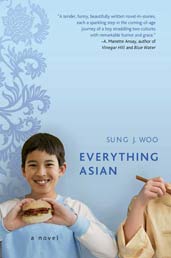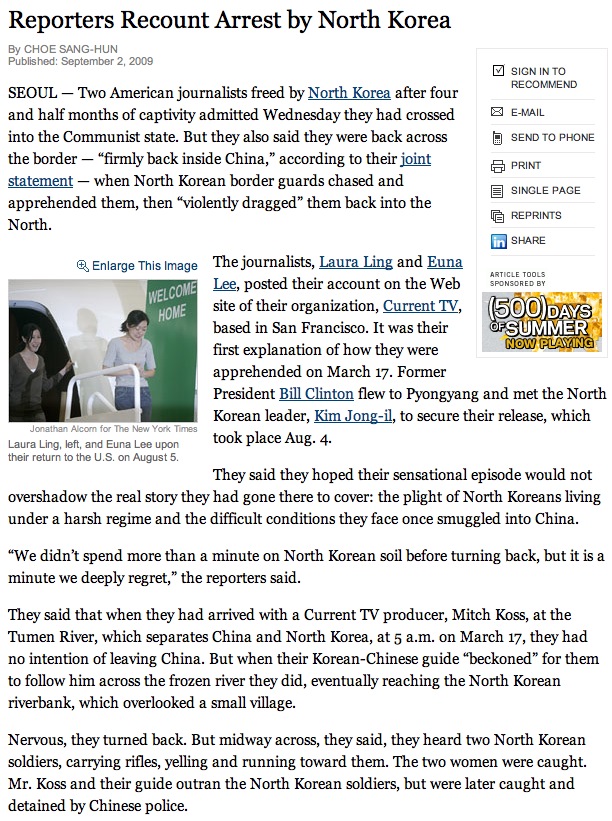National Longings
Millions worldwide would like to switch countries: study

AFP/Getty Images/File – More than 2,700 people are sworn in as US citizens during naturalization ceremonies in April 2009 in …
Tue Nov 3, 2:00 pm ET
WASHINGTON (AFP) – Some 700 million people worldwide, or more than all the adults of North and South America combined, think the grass is greener on the other side of the fence and want to permanently move to another country, a poll showed Tuesday.
Residents of sub-Saharan African countries were the most likely to want to move abroad permanently, the polls conducted in 135 countries between 2007 and this year by Gallup showed.
On average, 38 percent of the adult population in sub-Saharan Africa, or around 165 million people, said they would up stakes and head for another country if they had the chance.
The most popular destination was the United States, where nearly a quarter of the 700 million -- around 165 million people -- said they would like to settle.
In joint second were Britain, Canada and France, each being named as the preferred destination of around 45 million people.
Thirty-five million said they would go to Spain, 30 million to Saudi Arabia, and 25 million each to Australia or Germany.
The least likely to want to emigrate were Asians -- only one in 10 Asian adults said they would move to another country.
Nearly 260,000 people aged 15 years and older were surveyed, either by phone or face-to-face, for the poll, which has a margin of error of around five percent.
Full article here.
Teriyaki Boys
It's a music video for the Teriyaki boys from the movie Fast and Furious. The Teriyaki boys have worked with Kanye West, Pharrell, Lupe Fiasco, Busta Rhymes. Their Debut album "Beef or Chicken" was with Def Jam recordings and they are currently with Universal/Star Trak entertainment. In 2009 they put out their newest album, "Serious Japan." The way that they have worked with all of these American artists and even been involved in a major American motion picture i s a prime example of transnationalism and I find it cool that American and Japanese artists are collaborating.
Hip Hop Japan
Lots of Localization Here!
A ‘French Chef’ Whose Appeal Doesn’t Translate
By MAÏA de la BAUME
Published: September 16, 2009
PARIS — Julia Child may have been America’s best-known “French chef,” but here in Paris few know her fabled cookbooks, let alone her name.

In Paris, Meryl Streep is the real draw in “Julie & Julia,” not Julia Child, whom she portrays.

Some in France say Ms. Child caricatured French cuisine. Others say she demystified it.
Posters for the movie “Julie & Julia” were plastered across the city before its release here on Wednesday. But the movie was being anticipated more for Meryl Streep’s performance as Ms. Child than for any particular interest in Ms. Child, the principal author of “Mastering the Art of French Cooking,” who died in 2004.
Ms. Child’s book — beloved by American cooks for almost 50 years and now a best-seller because of the film — has never been translated into French, said Anne Perrier, a manager at Galignani, an English-language bookshop here. “It’s the vision of a revisited France, adapted to the American taste, at a time when tastes were lifeless,” she said.
In an interview in the French daily newspaper Le Figaro last week, Ms. Streep said: “What surprises me is that the French don’t know her at all. While for Americans, she was one of the best ambassadors of France ... since Lafayette!”
French food experts are divided about Ms. Child and her cooking. Some say she caricatured French cuisine in her book and cooking show, making it seem too heavy and formal. Others believe she demystified it and see her as a role model in France, where cooking shows are rare and cuisine is not necessarily viewed as something anyone can interpret.
“Julia Child’s cuisine is academic and bourgeois,” said Julie Andrieu, a television personality and cookbook author. “It shows that in America, the cliché of beef, baguette and canard farci remains.”
For Jean-Claude Ribaut, the food critic at Le Monde, Ms. Child was more like “a mediator who promoted the French lifestyle in the United States, but had no influence on restaurateurs.”
But some chefs say they hope that the film will rehabilitate French cooking in the United States. Gilles Epié, a chef who met Ms. Child in Los Angeles at a birthday party for her in the early 1990s, thinks French cooking has been tarnished as stodgy.
“Americans have really slammed French cuisine,” Mr. Epié said. “They think we only eat boeuf bourguignon and rabbit stew, which is wrong.”
(The full article is here.)
Languages Ending

The full article is here.
Sung J. Woo on Nov. 4th
On November 4 at 7 p.m. (location TBA) author Sung J. Woo is going to visit
two creative writing classes to read from and discuss his novel, Everything
Asian. His book is described as a "coming-of-age journey of a boy
straddling two cultures with remarkable humor and grace."
You can read more about Sung here: http://www.sungjwoo.com/bio/

Fetishizing the Border

The full article is here.
A lot, but not as many as I remembered
| Genghis Khan a Prolific Lover, DNA Data Implies |
The full article is here.
Local Globalization Conference
